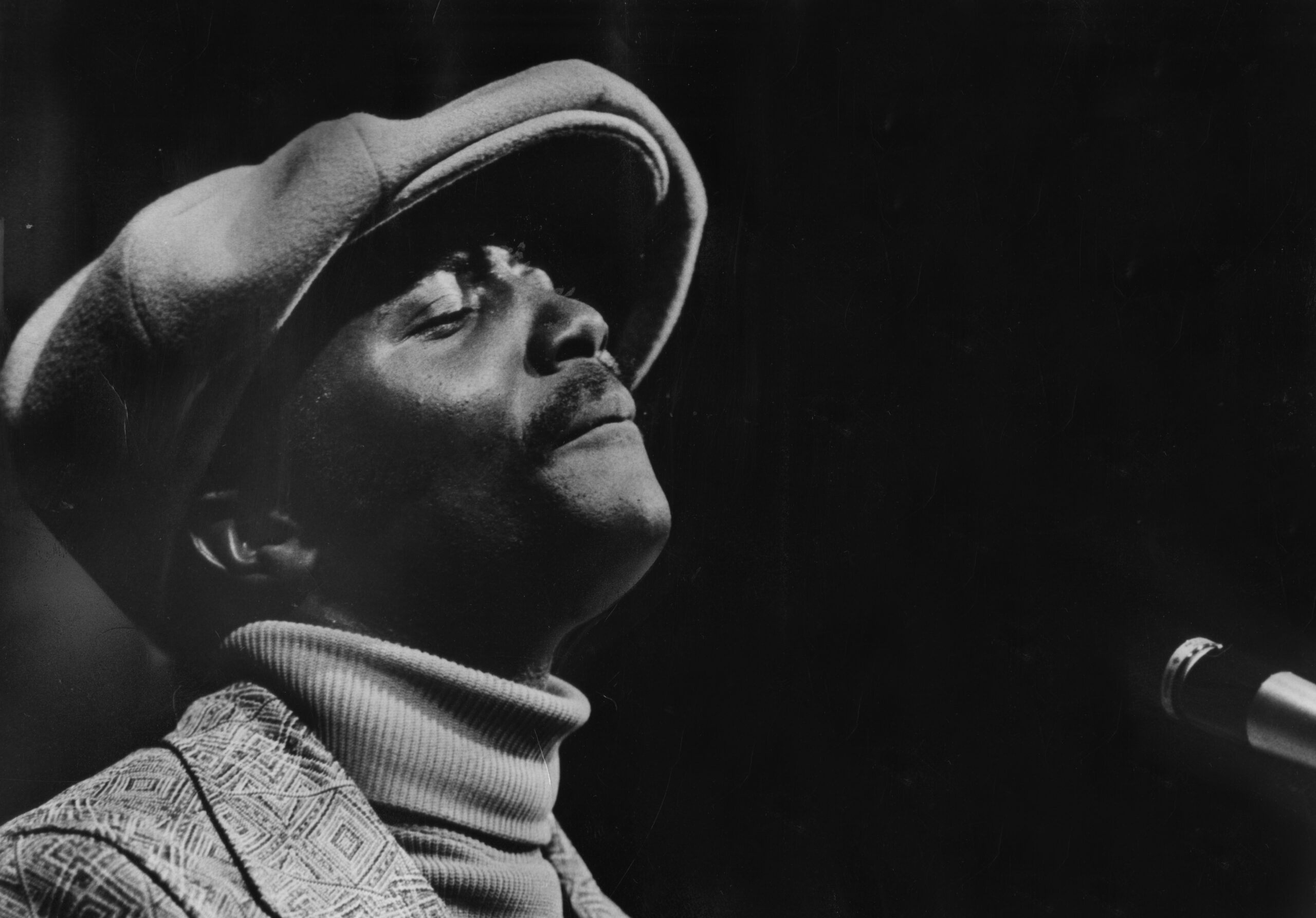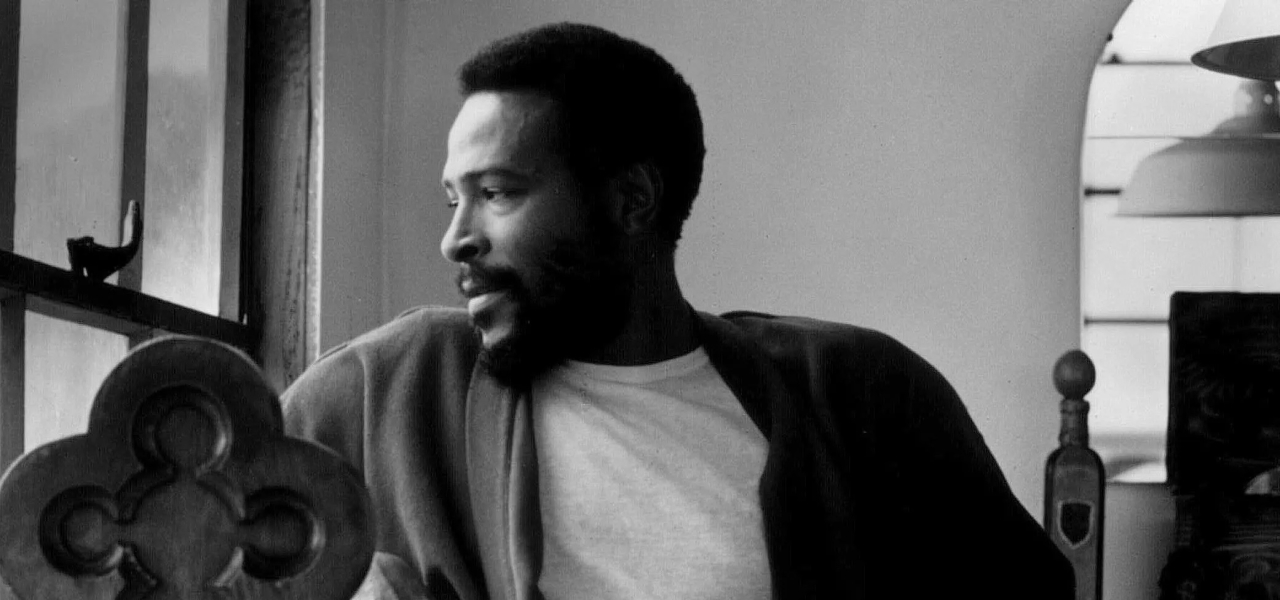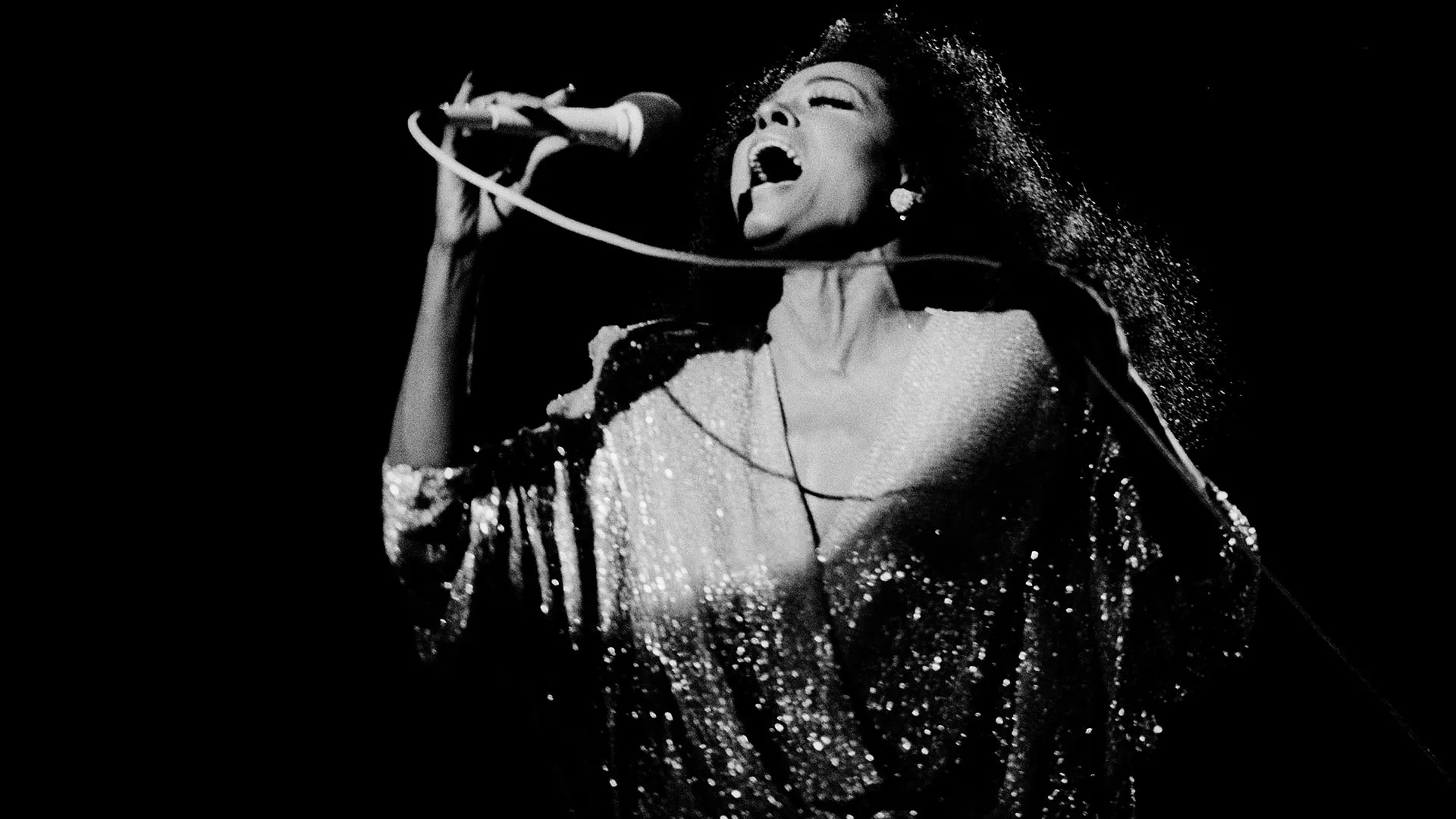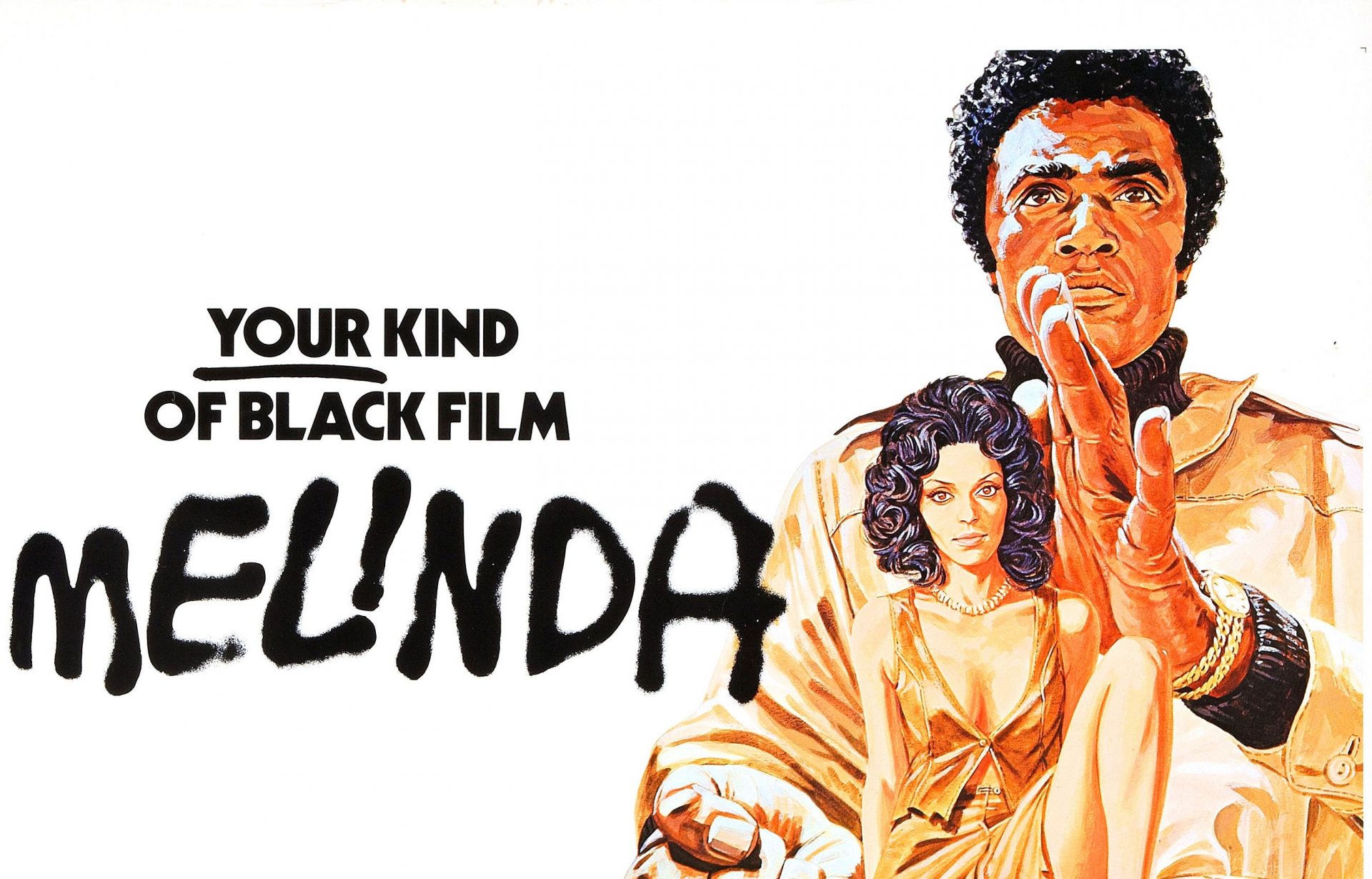- 70 Ways That Soulful Sounds Shaped the Hip-hop Culture
Now, listen up, y’all, ’cause we ’bout to delve into somethin’ special. Grab a seat, lean in close, and let me tell you ’bout the profound impact that 70s soul music had on the mighty force known as hip-hop. We’re talkin’ ’bout a connection that runs deep, like roots intertwining in the fertile soil of creativity. See, back in those groovy days, soul music was settin’ hearts on fire, movin’ bodies to the sweetest rhythms, and touchin’ souls with its soulful melodies. But here’s the kicker, my friends: that soulful essence ain’t just a relic of the past. Nah, it found new life, breathed it right into the heart and soul of hip-hop. So, let’s dive into the ways that 70s soul music shaped and inspired the very fabric of this unstoppable culture we call hip-hop. Get ready to witness the incredible fusion of two mighty genres that changed the game forever.
- 1. Sampled beats: Hip-hop often incorporates sampled drum breaks and instrumentals from 70s soul songs.
- 2. Vocal style: Artists like James Brown and Marvin Gaye influenced hip-hop vocal delivery with their soulful and emotive singing.
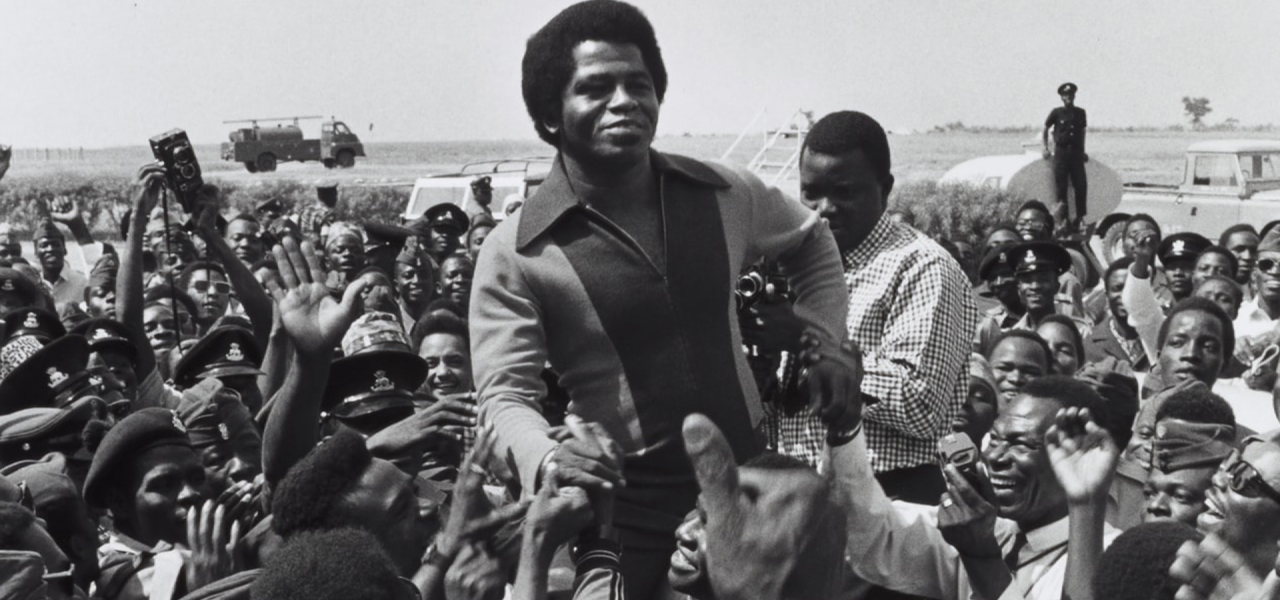 HipHop3
HipHop3
- 3. Sampling hooks: Many iconic hooks from 70s soul songs have been sampled in hip-hop tracks, creating recognizable and nostalgic elements.
- 4. Soulful melodies: The melodic sensibilities of 70s soul music are often incorporated into hip-hop tracks, giving them a soulful vibe.
- 5. Funk influence: Funk music, a subgenre of soul, heavily influenced hip-hop's rhythmic and groove-based elements.
- 6. Horn sections: The use of horn sections in 70s soul music has been replicated in hip-hop, adding a lively and dynamic element.
- 7. Live instrumentation: Hip-hop artists have incorporated live instrumentation, often associated with 70s soul music, into their performances and recordings.
- 8. Socially conscious lyrics: Like 70s soul artists, hip-hop artists have used their music to address social and political issues.
- 9. Emotional depth: 70s soul music often delved into deep emotions, which has influenced the introspective and emotive nature of hip-hop.
- 10. Storytelling: Soul music's storytelling tradition has been embraced by hip-hop artists, who often use their lyrics to tell personal narratives..
- 11. Breakbeats: Hip-hop originated from the practice of looping and extending drum breaks in 70s soul and funk records.
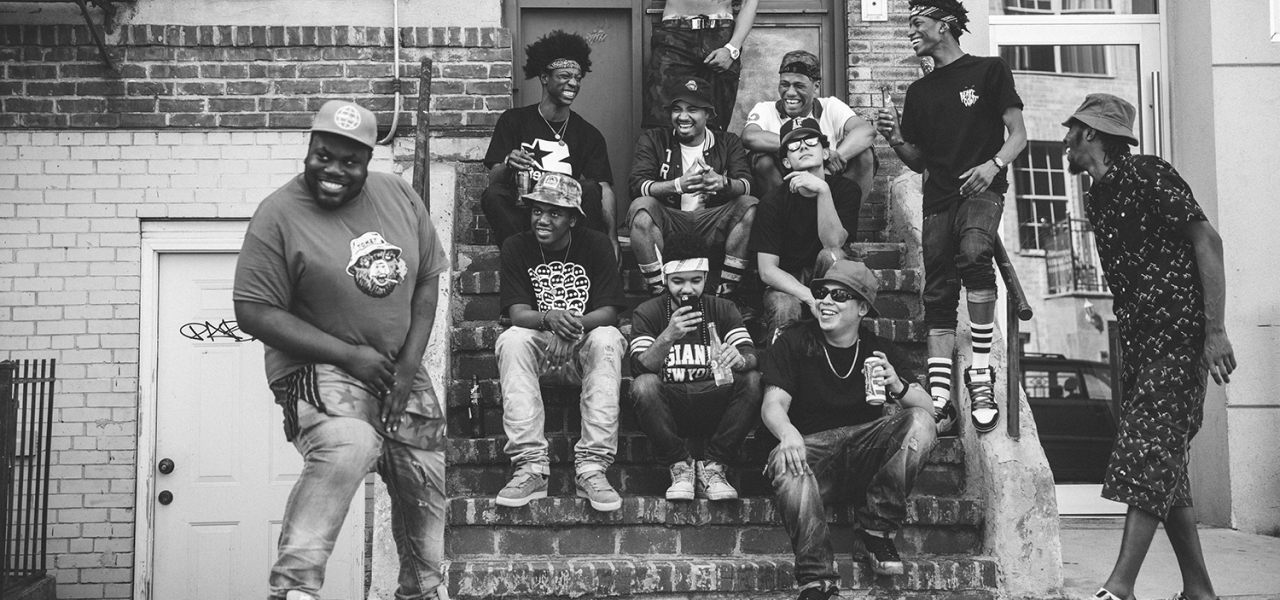 HipHop1
HipHop1
- 12. Sample-based production: The art of sampling, which is a defining characteristic of hip-hop, was popularized through the use of soul music samples.
- 13. Layered production: 70s soul music often featured intricate arrangements and layers of instruments, which has influenced the layered production style in hip-hop.
- 14. DJ culture: Hip-hop's DJ culture, including techniques like scratching and mixing, was developed in the 70s and owes much to the soul and funk music of the time.
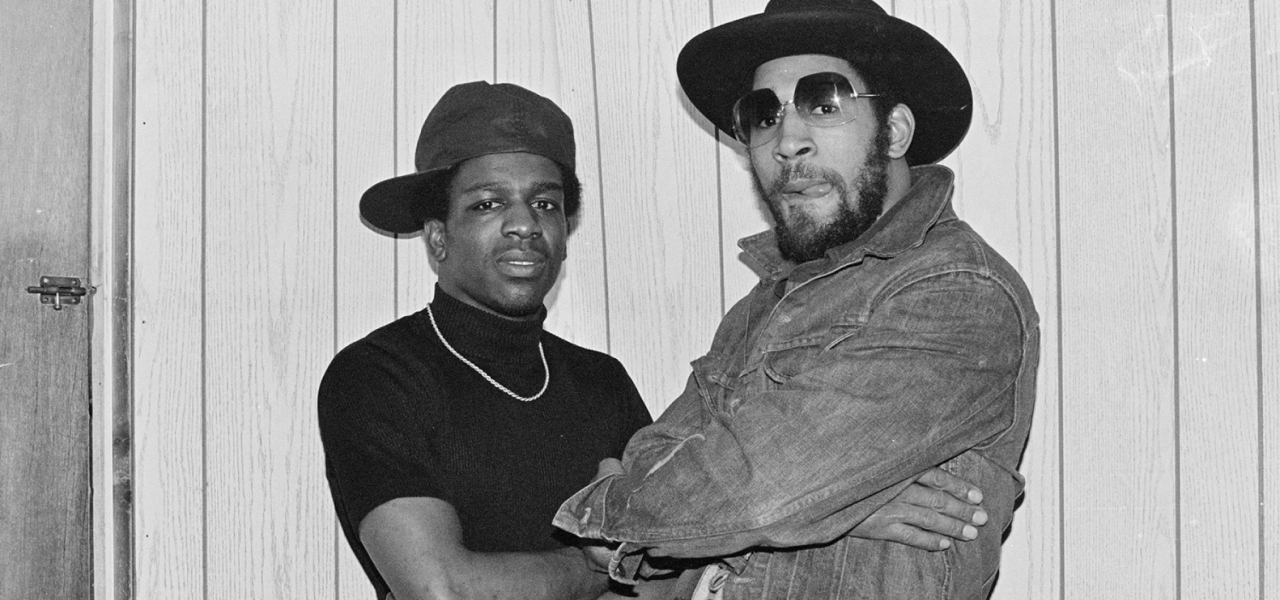 HipHop2
HipHop2
- 15. Groove-based rhythm: The infectious grooves of 70s soul music have heavily influenced the rhythmic elements of hip-hop, including the use of syncopation and swing.
- 16. Blaxploitation soundtracks: The soundtracks of blaxploitation films in the 70s, which were often soul-based, have been sampled extensively in hip-hop.
- 17. Soul samples as hooks: Soulful vocal samples are frequently used as catchy hooks in hip-hop tracks, adding a melodic and nostalgic element.
- 18. The influence of Motown: The Motown sound, characterized by tight vocal harmonies and catchy melodies, has influenced the pop-oriented side of hip-hop.
- 19. Love ballads: Soulful love ballads have inspired hip-hop artists to incorporate romantic themes into their music.
- 20. Live performances: The energetic and engaging live performances of 70s soul artists have influenced hip-hop's approach to live shows and stage presence.
- 21. Fashion: The fashion sense of 70s soul artists, including flamboyant outfits and bold accessories, has influenced hip-hop fashion and style.
- 22. Sampling drum breaks: Hip-hop producers often sample drum breaks from 70s soul records to create the rhythmic backbone of their tracks.
- 23. Soulful singing: The expressive and passionate singing style of 70s soul has influenced hip-hop artists who incorporate singing into their rap verses.
- 24. Chopped and screwed technique: This DJ technique, originating from Houston in the 70s, involves slowing down soul and funk tracks, influencing the production style of Southern hip-hop.
- 25. Pioneering female artists: Influential female soul singers like Aretha Franklin and Chaka Khan paved the way for female voices in hip-hop.
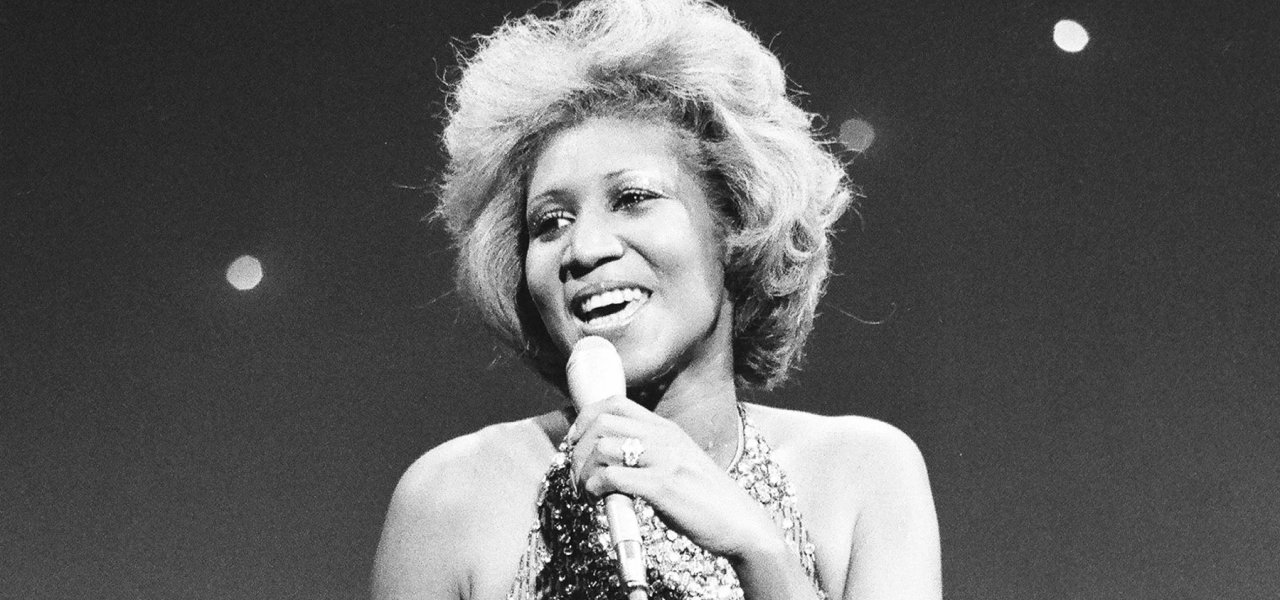 HipHop5
HipHop5
- 26. Diverse musicality: Soul music's incorporation of various musical elements, including jazz, gospel, and R&B, has influenced hip-hop's eclecticism and genre-blending tendencies.
- 27. Vocal ad-libs: Soul artists' use of vocal ad-libs, such as James Brown's famous "Ow!" or "Get on up!", has become a common feature in hip-hop tracks.
- 28. Funky basslines: Soul music's emphasis on funky basslines has influenced hip-hop's use of bass as a driving force in its beats.
- 29. Sampling dialogue: Soul records often contain snippets of spoken dialogue, and hip-hop producers have sampled these dialogues for skits or intros in their tracks.
- 30. Soulful interludes: Hip-hop albums often feature soulful interludes or spoken word segments, reminiscent of the introspective interludes found on 70s soul albums.
- 31. Collaboration: Many hip-hop artists have collaborated with 70s soul icons, either through sampling or featuring them on tracks, bridging the generational gap between the two genres.
- 32. Social justice themes: The socially conscious themes prevalent in 70s soul music have inspired hip-hop artists to address issues of inequality and injustice in their lyrics.
- 33. Bridging racial divides: Soul music's popularity among diverse racial groups helped bridge racial divides in the 70s, and hip-hop has continued this trend by bringing people from different backgrounds together.
- 34. Sampling vinyl records: Hip-hop's practice of sampling vinyl records, often 70s soul records, has led to a resurgence in interest and appreciation for soul music.
- 35. Timeless classics: Many 70s soul songs have become timeless classics, and hip-hop artists have sampled and referenced these songs to pay homage to the era.
- 36. Musical innovation: Soul music of the 70s was characterized by its musical innovation, pushing boundaries and exploring new sounds, which has influenced hip-hop's experimental nature.
- 37. Soulful hooks: Catchy hooks from 70s soul songs have been reimagined and incorporated into hip-hop tracks, creating memorable and recognizable moments.
- 38. Drum machine influence: The use of drum machines in 70s soul music, such as the iconic Roland TR-808, has influenced hip-hop's production techniques and drum programming.
- 39. Spoken word influence: Soul artists' use of spoken word segments in their songs has been adopted by hip-hop artists, who often incorporate spoken word poetry into their tracks.
- 40. Musical nostalgia: Hip-hop's use of 70s soul samples creates a sense of nostalgia, connecting listeners to the rich musical history of that era.
- 41. Horn stabs: The use of short, punchy horn stabs in 70s soul music has been replicated in hip-hop, adding a powerful and dramatic element to tracks.
- 42. Drum patterns: Hip-hop producers have borrowed and adapted the intricate drum patterns found in 70s soul and funk records, creating unique rhythmic textures in their beats.
- 43. Emphasis on rhythm: 70s soul music placed a strong emphasis on rhythm and groove, which has influenced hip-hop's focus on intricate rhythmic patterns.
- 44. Bridge between generations: The influence of 70s soul music on hip-hop has helped bridge the generational gap between older and younger music listeners.
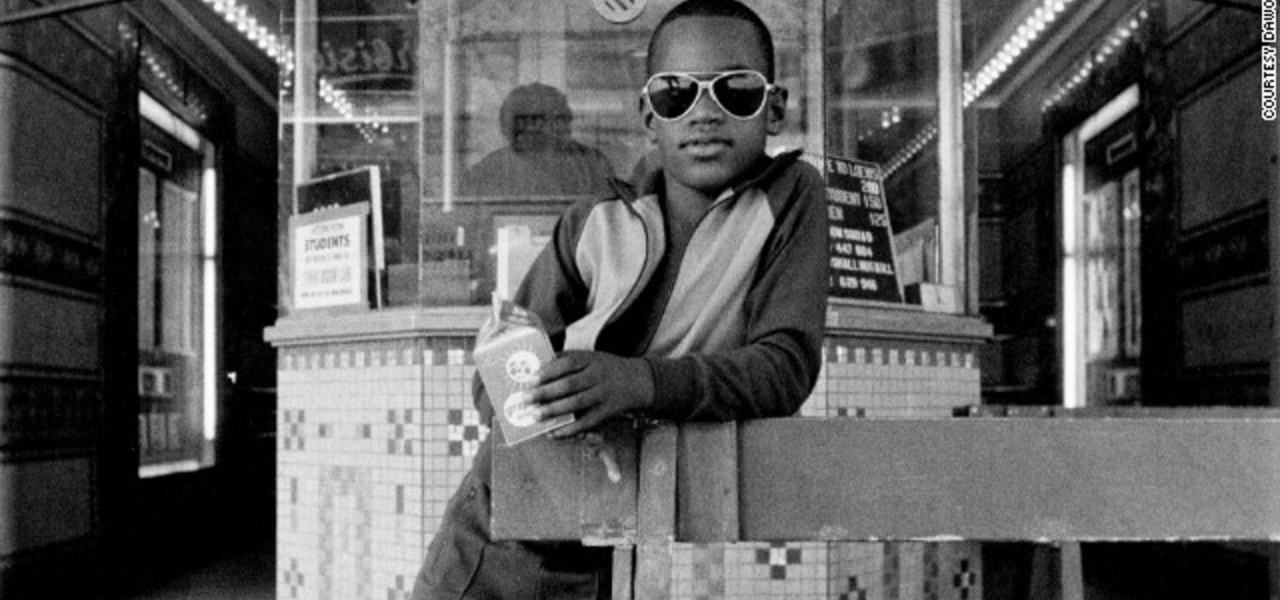 HipHop6
HipHop6
- 45. Vocal harmonies: The lush vocal harmonies found in 70s soul groups like The Temptations and The Supremes have influenced the use of harmonies in hip-hop tracks.
- 46. Instrumental breakdowns: The instrumental breakdowns and solos in 70s soul songs have influenced hip-hop's use of instrumental sections to showcase musical talent.
- 47. Concept albums: Soul albums of the 70s often had a cohesive concept or theme, and hip-hop artists have adopted this approach, creating concept albums that tell a story or explore a specific idea.
- 48. Music videos: Soul music of the 70s produced iconic music videos, and hip-hop has continued this tradition, creating visually captivating and storytelling-driven music videos.
- 49. Sound system culture: The sound system culture of the 70s, where DJs would set up massive speakers in public spaces, has influenced hip-hop's emphasis on powerful sound systems and bass-heavy beats.
- 50. Celebrating black culture: Both 70s soul music and hip-hop celebrate black culture and have been influential in shaping its representation in the music industry.
- 51. Crooning style: The crooning style of soul singers like Al Green and Teddy Pendergrass has influenced the smooth and melodic delivery of many hip-hop artists.
- 52. Use of reverb: The use of reverb in 70s soul recordings, creating a sense of space and depth, has been incorporated into hip-hop production techniques.
- 53. Melodic storytelling: Soul music's tradition of melodic storytelling has influenced hip-hop's narrative-driven approach, with artists using melodies to enhance their storytelling abilities.
- 54. Message songs: Soul music often conveyed powerful messages through its songs, and hip-hop artists have continued this tradition, using their music as a platform for social commentary.
- 55. Collaborative spirit: Soul music's emphasis on collaboration and collective creativity has influenced hip-hop's collaborative nature, with artists frequently featuring and supporting each other.
- 56. Music industry entrepreneurship: Soul artists of the 70s often took control of their music careers and established their own record labels, inspiring hip-hop artists to adopt a similar entrepreneurial mindset.
- 57. Political activism: Soul music of the 70s was intertwined with political activism, and hip-hop has continued this legacy, using music as a tool for social change. For example, the significance of “What’s Going On” by the incomparable Marvin Gaye is the perfect example of music that reflects the social climate of the world.
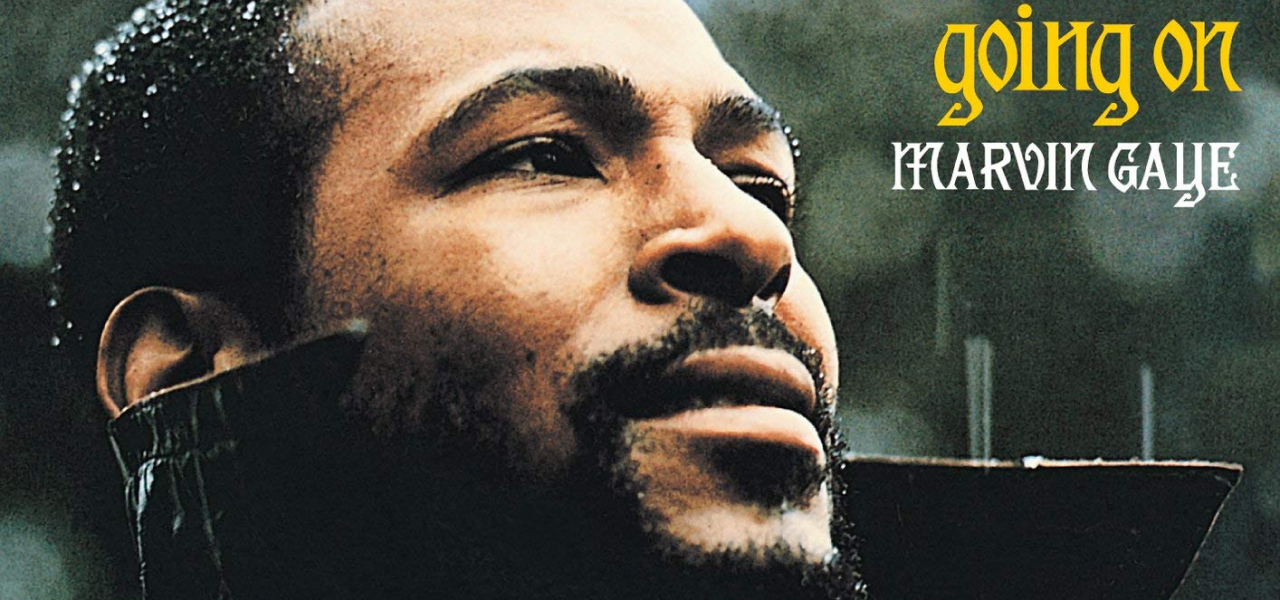 HipHop7
HipHop7
- 58. The art of storytelling: Soul music's ability to tell compelling stories through its lyrics has influenced hip-hop's storytelling tradition, with artists painting vivid pictures through their words.
- 59. Emotional authenticity: 70s soul music was known for its raw and emotional authenticity, which has influenced hip-hop's emphasis on genuine expression and personal storytelling.
- 60. Sampling soulful intros: Hip-hop producers often sample the intros of 70s soul songs, capturing the attention of listeners right from the start.
- 61. Sampling iconic riffs: Soul music's iconic guitar riffs, such as those by Jimi Hendrix or Curtis Mayfield, have been sampled in hip-hop, adding a distinctive flavor to tracks.
- 62. Adapting love songs: Hip-hop artists have adapted and reimagined love songs from the 70s soul era, creating their own romantic ballads with a modern twist.
- 63. Danceability: The danceable rhythms and infectious grooves of 70s soul music have influenced hip-hop's focus on creating tracks that get people moving and dancing.
- 64. Soulful vocal runs: The intricate and soulful vocal runs often found in 70s soul music have influenced the melodic improvisation and vocal acrobatics in hip-hop.
- 65. Sampling vocal harmonies: Hip-hop producers have sampled the lush vocal harmonies from 70s soul records, layering them in their tracks to create a rich and textured sound.
- 66. Drum breaks as signature sounds: Certain drum breaks from 70s soul records have become iconic within hip-hop, serving as signature sounds for specific artists or producers.
- 67. Social commentary: 70s soul music's exploration of social issues and injustices has influenced hip-hop's tradition of providing social commentary and reflecting the realities of marginalized communities. Gil Scott-Heron’s “The Revolution Will Not Be Televised” is the perfect example of social commentary that explores social issues.
- 68. Pioneering production techniques: The innovative production techniques used in 70s soul music, such as multi-tracking and creative use of effects, have influenced hip-hop's production methods.
- 69. Musical preservation: Hip-hop's sampling of 70s soul records has helped preserve and introduce a new generation to the sounds and artists of that era.
- 70. Enduring influence: The influence of 70s soul music on hip-hop continues to be felt today, with artists and producers still drawing inspiration from the soulful sounds of that era.
And there you have it, ladies and gentlemen, a glimpse into the profound influence of 70s soul music on the unstoppable force that is hip-hop. It’s a testament to the enduring power of soulful melodies, infectious grooves, and the heartfelt storytelling that resonates across generations. From the soulful samples and timeless hooks to the rhythmic flow and poetic expression, the impact of 70s soul on hip-hop is a story of evolution, homage, and artistic innovation. So next time you find yourself lost in the beats, lyrics, and vibes of hip-hop, remember the soulful roots that nourished its growth. It’s a beautiful testament to the enduring legacy of soul music and its transformative journey through the vibrant landscape of hip-hop. Keep on groovin’, keep on rockin’, and let the spirit of soul and hip-hop guide your path through the rhythms of life.
You may also like
Donny Hathaway: Remembering The Brilliant Soul Legend
Celebrating the birthday of a true musical giant Today, we pay tribute to the multifaceted
Celebrating Marvin Gaye’s ‘What’s Going On’
Marvin Gaye's Seminal Album 'What's Going On' Is Over 50 Years.....
Black Cinema Month: Melinda
The ‘70s film that’s a murder mystery. It’s October, y’all! We’re celebrating what we call
